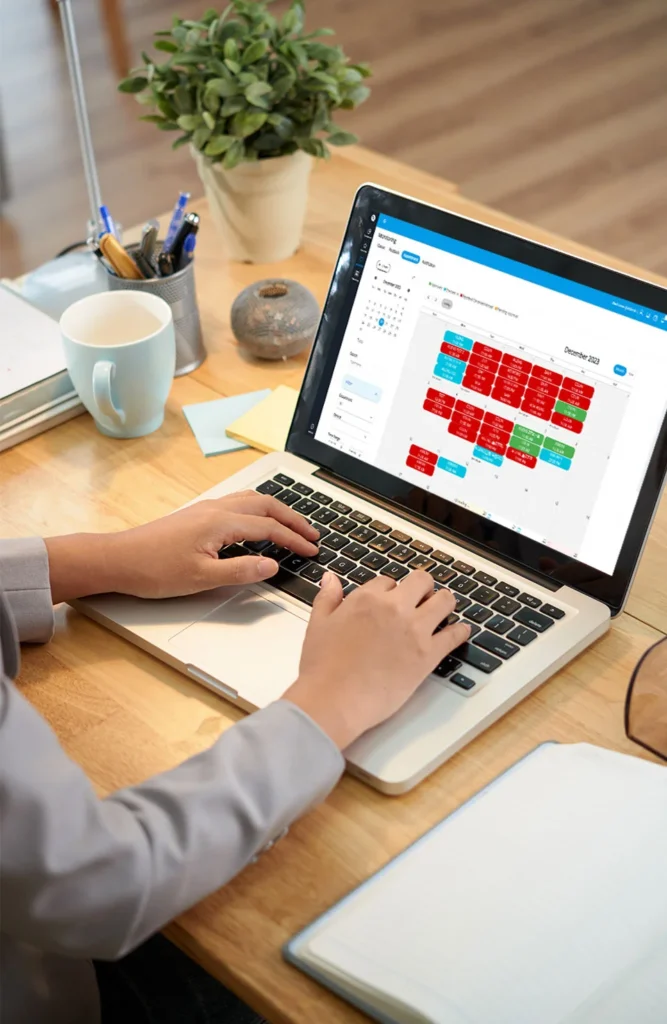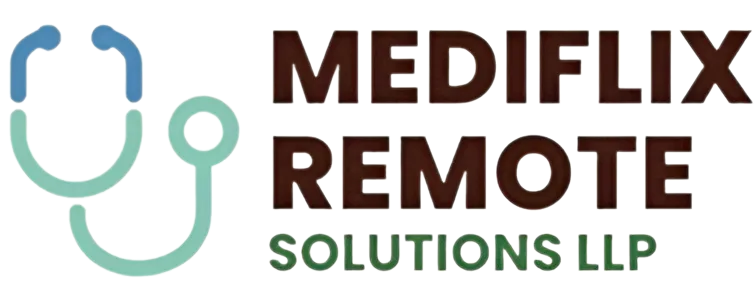Patient Confirmations Calls, Follow-Ups & No Shows
Improving Patient Attendance Through Proactive Communication
Best Practices for Effective Patient Management
In the healthcare industry, ensuring patient attendance and follow-ups is critical for maintaining smooth operations, enhancing patient care, and optimizing revenue flow. Effective management of patient confirmation calls, follow-ups, and no-shows can reduce scheduling gaps, improve patient outcomes, and ensure better communication between healthcare providers and patients. In this article, we will delve into the strategies and best practices that clinics and healthcare facilities can use to improve patient engagement and reduce missed appointments.
Why Patient Confirmation Calls are Important?
Patient confirmation calls are a critical tool in ensuring patient engagement and reducing the number of missed appointments. When patients are reminded of their upcoming appointments, they are more likely to attend, reducing the strain on healthcare providers and ensuring that schedules are fully utilized.
Effective communication, whether through confirmation calls, follow-ups, or no-show management, is key to maintaining a well-organized and efficient healthcare practice. By implementing best practices and leveraging technology, healthcare providers can significantly reduce no-shows, enhance patient satisfaction, and ensure better health outcomes.

What Do Patient Confirmations Calls, Follow-Ups & No Shows Do?
Patient confirmation calls, follow-ups, and managing no-shows are essential components of patient engagement and clinic efficiency in the healthcare industry. Each plays a specific role in improving communication, patient care, and the overall functioning of medical practices.
Reduced No-Shows
Increased Patient Satisfaction
Improved Office Efficiency
Best Practices for Patient Confirmation Calls
When implementing patient confirmation calls, it’s essential to follow best practices to maximize their effectiveness:
- Automated Reminders
Utilizing automated phone systems or text message services can significantly improve efficiency. Automation allows clinics to reach a large number of patients quickly, with minimal staff involvement. Automated reminders can be scheduled 24-48 hours before the appointment to give patients time to reschedule if necessary. - Personalization
While automation is effective, adding a personal touch to the reminder can improve its impact. Ensure that the call or message includes the patient’s name, appointment date and time, and any additional instructions they may need to know (e.g., fasting before a test). - Multiple Communication Channels
Offering patients multiple options for receiving their reminders—such as phone calls, text messages, or emails—can help accommodate their preferences. Some patients may respond better to text reminders, while others may prefer phone calls. - Confirmation Requests
When sending out reminders, it’s crucial to request a confirmation of attendance. Whether the patient responds with a “yes” or “no,” this allows the clinic to adjust the schedule accordingly. If a patient cannot attend, the appointment can be opened up for someone on the waiting list.
